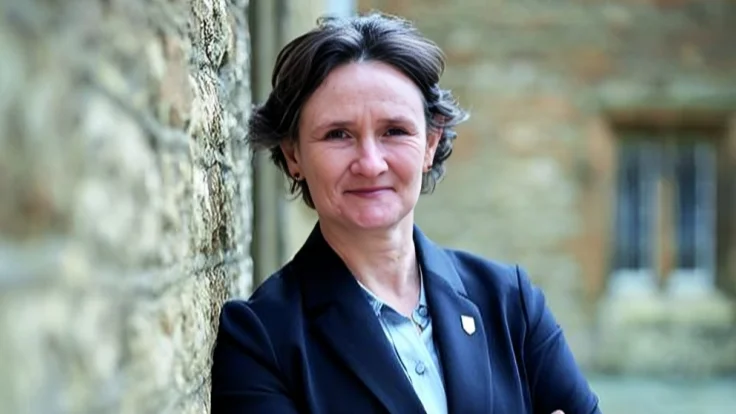A new study led by researchers from the University of Oxford has shed light on early forms of ritual violence in Neolithic Europe. The research, published in Science Advances and co-authored by Dr Teresa Fernández-Crespo and Professor Rick Schulting of Oxford's School of Archaeology, analyzed remains found in mass graves in Alsace, northeastern France, dating to around 4300–4150 BCE.
Excavations at Achenheim and Bergheim revealed skeletons showing signs of severe violence and pits containing severed left upper limbs. According to the researchers, this evidence does not fit with typical patterns seen in Neolithic massacres or executions. Instead, they suggest that these deaths were part of structured post-conflict rituals designed to humiliate enemies and reinforce social unity.
Isotopic analysis compared the bones and teeth of victims with those buried conventionally. The findings indicate that the victims had different diets and showed higher mobility and physiological stress, suggesting they were outsiders. In contrast, the severed limbs likely belonged to local combatants based on their isotopic values.
The distinction supports a theory that local enemies killed in battle were dismembered as trophies while others—likely captives from further away—were executed violently as part of what researchers describe as "Neolithic political theatre."
Professor Rick Schulting stated: “These findings speak to a deeply embedded social practice -one that used violence not just as warfare, but as spectacle, memory, and assertion of dominance.”
The project was led by Dr Fernández-Crespo from the University of Valladolid and Research Associate at Oxford's School of Archaeology. It received funding through a Marie Skłodowska-Curie Actions individual grant under the European Union's Horizon 2020 program. The research involved collaboration between institutions including CNRS; Aix Marseille University; Minist Culture LAMPEA; Vrije Universiteit Brussel; Arkikus; ANTEA-Archéologie; University of Strasbourg; UMR 7044 Archimède; and Inrap Grand Est.

